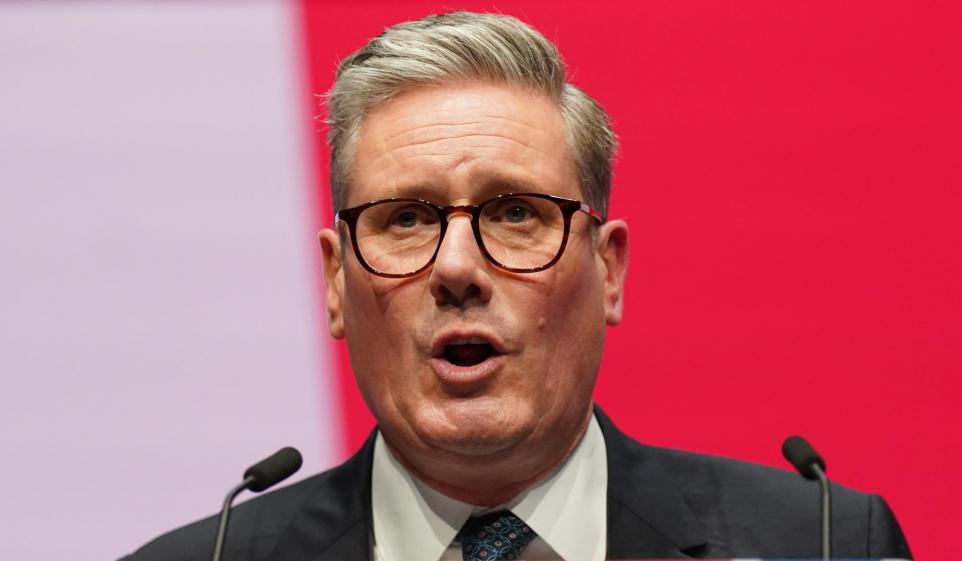Thousands of British manufacturers are set to receive major relief from crippling electricity costs under a sweeping new plan by Sir Keir Starmer to reinvigorate the UK’s industrial sector.
As part of Labour’s long-awaited industrial strategy, the Prime Minister has announced that from 2027, around 7,000 electricity-intensive businesses – including carmakers, aerospace factories, and chemical plants will be exempt from costly green levies. These include the renewables obligation, feed-in tariff, and capacity market charges, all of which currently inflate their power bills.
The move is designed to cut industrial electricity costs by up to 25%, narrowing the gap between UK manufacturers and their global competitors.
Recall in 2023, British firms faced some of the highest electricity prices in the developed world, paying an average of £258 per megawatt hour, compared to £218 in Italy, £178 in France, £177 in Germany, and just £65 in the US, according to the International Energy Agency.
Turning point for Britain’s economy – Starmer
“This Industrial Strategy marks a turning point for Britain’s economy,” Starmer said. “It delivers the long-term certainty and direction British businesses need to invest, innovate, and create good jobs. Our message is clear: Britain is back and open for business.”
On the sides, the £2 billion package, spread over four years, will not be paid for through household energy bills or taxes, the government confirmed. Instead, it will be funded through a combination of energy market reforms and increased carbon pricing on companies that burn natural gas. That means firms reliant on gas could end up footing part of the bill through higher carbon taxes.
Additional funding will come from adjustments to contracts for different subsidy mechanisms for wind and solar, as well as longer-term deals with renewable energy providers aimed at reducing overall power costs.
Despite concerns over rising global energy prices following heightened tensions in the Middle East, ministers say the scheme remains robust and fully funded.
The new measures build on the existing British Industrial Supercharger, which already exempts many traditional heavy industries, like steel, glass, and chemical production, from some power charges. From next year, these firms will see their discount on network charges increase from 60% to 90%, delivering even deeper savings.
Altogether, the changes are expected to save qualifying firms about £40 per megawatt hour, helping them compete more effectively on the world stage.
However, the energy relief package forms part of a broader push under Labour’s industrial revival plan, and industry leaders have welcomed the changes.
The chief executive of the Society of Motor Manufacturers and Traders, Mike Hawes, hailed the announcement as “the policy framework the sector has long sought.”
The CEO of Rolls-Royce, Tufan Erginbilgic, praised the Government’s “long-term strategic foresight” for backing key industries like aerospace and nuclear.
However, some caution remains. Geopolitical instability, including Iran’s threat to disrupt oil and gas routes, could drive up global energy prices, potentially testing the durability of the reforms.
Nonetheless, with industrial output down a third since 2021, the measures are seen as a decisive step toward restoring competitiveness, protecting jobs, and building a greener yet more resilient British economy.



